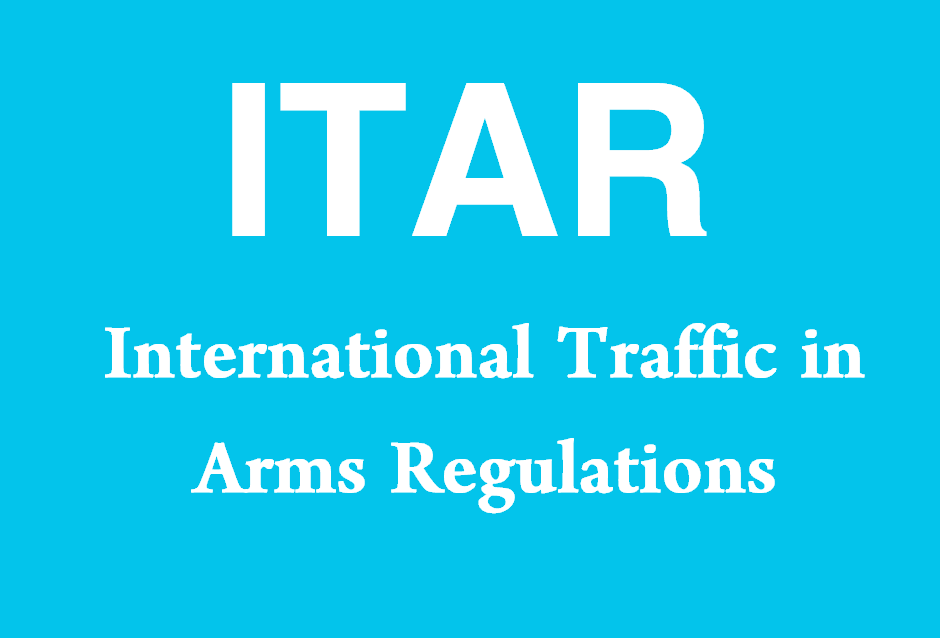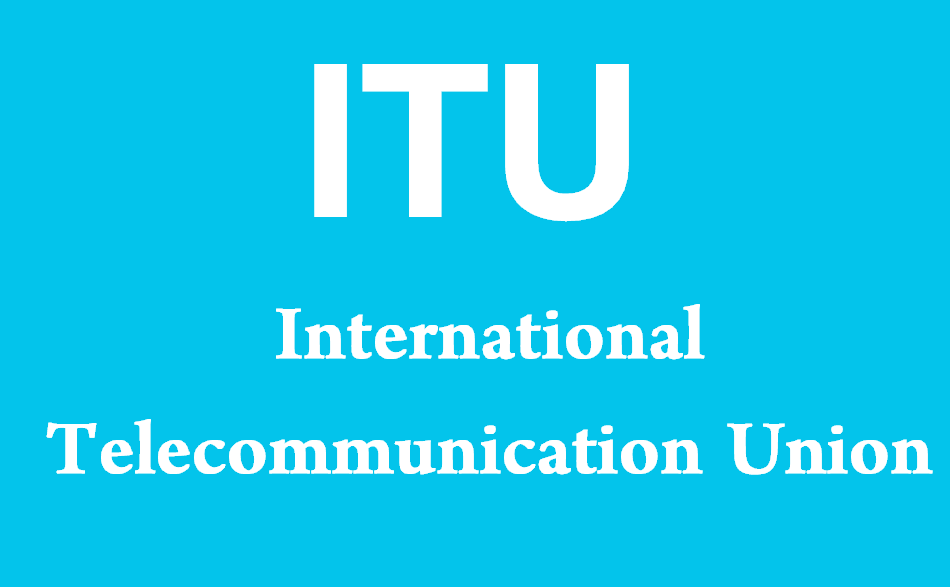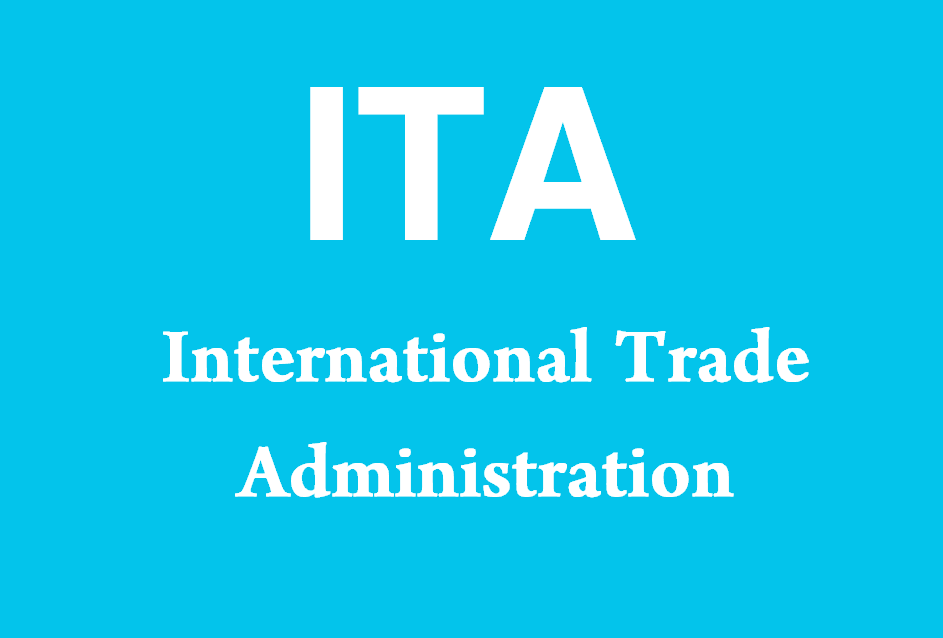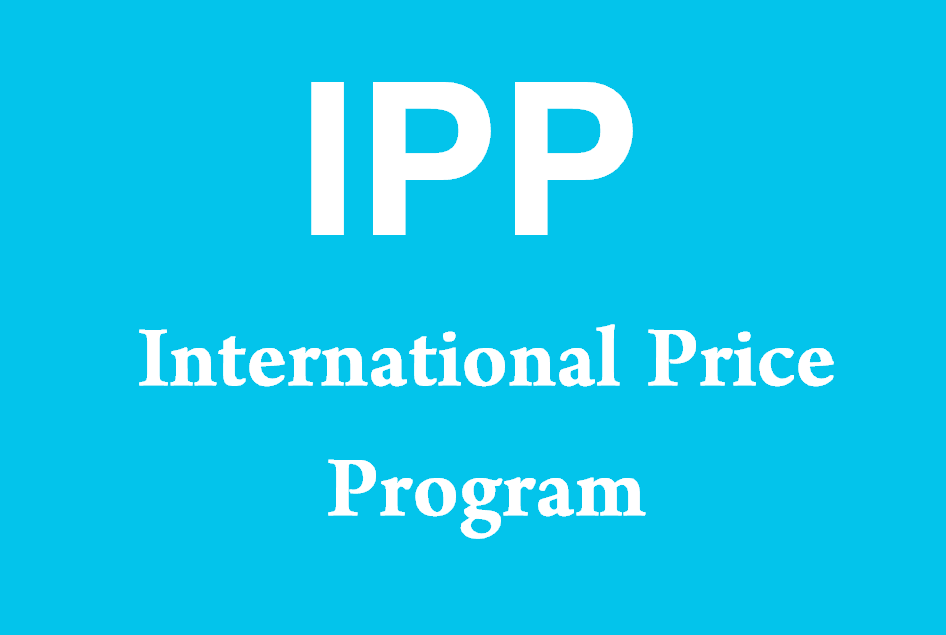What Does ITAR Stand For?
ITAR stands for “International Traffic in Arms Regulations.” ITAR is a set of United States government regulations that control the export and import of defense-related articles, services, and technology. The primary purpose of ITAR is to safeguard U.S. national security and further U.S. foreign policy objectives by ensuring that defense-related technologies do not fall into the hands of unauthorized foreign entities or individuals.

Comprehensive Explanation of International Traffic in Arms Regulations (ITAR)
Introduction to ITAR
The International Traffic in Arms Regulations (ITAR) is a critical framework within the U.S. regulatory landscape, designed to control the export and import of defense articles and services. Administered by the Directorate of Defense Trade Controls (DDTC) within the U.S. Department of State, ITAR plays a pivotal role in maintaining national security and supporting foreign policy by regulating the transfer of military technologies.
History and Evolution of ITAR
Establishment and Early Years
ITAR was established in 1976 under the Arms Export Control Act (AECA) to regulate the export of defense-related materials and services. The regulations were designed to ensure that military technologies did not enhance the military capabilities of U.S. adversaries or compromise national security.
Amendments and Modernization
Over the years, ITAR has undergone several amendments to address the evolving nature of global threats and technological advancements. These changes have aimed to strengthen export controls, streamline compliance processes, and enhance enforcement mechanisms. Notable amendments include the introduction of stricter licensing requirements and the expansion of the United States Munitions List (USML).
Key Components of ITAR
United States Munitions List (USML)
The USML is a key component of ITAR, listing all defense articles and services subject to ITAR controls. The USML is divided into 21 categories, ranging from firearms and ammunition to spacecraft systems and nuclear weapons. Each category specifies the items that require an export license from the DDTC.
Licensing and Compliance
Under ITAR, exporting defense articles or providing defense services requires obtaining a license from the DDTC. The licensing process involves a thorough review of the proposed export to ensure it aligns with U.S. national security and foreign policy objectives. Compliance with ITAR involves adhering to strict record-keeping, reporting, and monitoring requirements.
Technical Data and Defense Services
ITAR not only regulates physical defense articles but also controls the export of technical data and defense services related to these items. Technical data includes blueprints, plans, diagrams, and other information necessary for the design, development, and production of defense articles. Defense services encompass the provision of training, technical assistance, and other support activities related to defense articles.
Compliance and Enforcement
Registration with DDTC
Entities engaged in the manufacturing, exporting, or brokering of defense articles or services must register with the DDTC. Registration is a prerequisite for applying for export licenses and demonstrates the entity’s commitment to complying with ITAR requirements.
Export Licensing
The export licensing process involves submitting detailed information about the defense article or service, the end user, and the intended use. The DDTC reviews the application to assess its potential impact on U.S. national security and foreign policy. Licenses may be granted, denied, or conditioned based on this review.
Record-Keeping and Reporting
ITAR mandates stringent record-keeping and reporting requirements. Entities must maintain detailed records of all defense-related transactions, including export licenses, end-user certificates, and shipping documents. Regular reporting to the DDTC is required to ensure ongoing compliance.
Penalties for Non-Compliance
Violations of ITAR can result in severe penalties, including civil and criminal fines, imprisonment, and the loss of export privileges. The DDTC conducts regular audits and investigations to enforce compliance and deter unauthorized exports.
Challenges in ITAR Compliance
Complexity of Regulations
The complexity of ITAR regulations poses significant challenges for entities involved in defense trade. Navigating the extensive requirements, classifications, and licensing procedures requires specialized knowledge and expertise.
Rapid Technological Advancements
The rapid pace of technological advancements necessitates continuous updates to ITAR controls. Emerging technologies, such as cybersecurity tools and artificial intelligence, require new regulatory frameworks to address their potential impact on national security.
Global Supply Chains
Global supply chains complicate ITAR compliance by involving multiple countries and entities in the production and distribution of defense articles. Ensuring compliance across diverse jurisdictions and partners is a formidable task.
Best Practices for ITAR Compliance
Implementing Robust Compliance Programs
Entities should establish comprehensive ITAR compliance programs that include detailed policies, procedures, and training. A robust compliance program ensures that all employees understand their responsibilities and the importance of adhering to ITAR requirements.
Regular Audits and Assessments
Regular internal audits and assessments help identify and address potential compliance gaps. Conducting thorough reviews of export transactions, record-keeping practices, and employee training programs ensures ongoing adherence to ITAR.
Collaboration with Legal and Regulatory Experts
Collaborating with legal and regulatory experts is crucial for navigating the complexities of ITAR. Expert guidance helps entities interpret regulations accurately, develop effective compliance strategies, and respond to regulatory changes.
Future Trends in ITAR
Evolving Threat Landscape
As global threats evolve, ITAR will continue to adapt to address new challenges. This includes expanding controls on emerging technologies and enhancing enforcement mechanisms to prevent unauthorized exports.
International Cooperation
International cooperation is essential for effective export control. The U.S. will likely continue to collaborate with allies and partners to harmonize export control regulations, share best practices, and enhance global security.
Technology-Driven Compliance Solutions
Advancements in technology will drive the development of new compliance solutions. Automated systems, artificial intelligence, and blockchain technology have the potential to streamline ITAR compliance processes, improve accuracy, and reduce administrative burdens.
Notes to Importers
Importance of ITAR for Importers
For importers dealing with defense articles and services, understanding ITAR is crucial. ITAR ensures that imported defense-related items comply with U.S. national security and foreign policy objectives, and failure to comply can result in severe penalties.
Key Considerations for Importers
Understanding ITAR Regulations
Importers must have a thorough understanding of ITAR regulations, including the classification of defense articles on the USML, licensing requirements, and compliance obligations. This knowledge is essential for ensuring that imported items meet all regulatory requirements.
Ensuring Proper Documentation
Proper documentation is critical for ITAR compliance. Importers must maintain detailed records of import transactions, including licenses, end-user certificates, and shipping documents. Accurate documentation helps demonstrate compliance and facilitates audits.
Verifying End Users
ITAR requires importers to verify the end users of defense articles. This involves conducting due diligence to ensure that the items are not diverted to unauthorized entities or used for prohibited purposes. Importers must obtain end-user certificates and conduct background checks on end users.
Practical Tips for Importers
Engage with Regulatory Authorities
Engaging with regulatory authorities, such as the DDTC, helps importers stay informed about ITAR requirements and obtain guidance on compliance. Importers should establish open lines of communication with regulatory authorities and seek assistance when needed.
Use Compliance Management Tools
Compliance management tools can streamline ITAR compliance processes. These tools help importers manage documentation, track transactions, and monitor compliance with ITAR requirements. Utilizing such tools reduces the risk of errors and enhances efficiency.
Conduct Regular Training
Regular training ensures that all employees involved in import activities understand ITAR requirements and their responsibilities. Training programs should cover the classification of defense articles, licensing procedures, record-keeping, and reporting obligations.
Sample Sentences and Their Meanings
- “The company must obtain an ITAR license before exporting defense articles to foreign customers.”
- This sentence indicates that the company needs a license under ITAR regulations to legally export defense-related items.
- “ITAR compliance is essential for avoiding penalties and ensuring national security.”
- This sentence highlights the importance of adhering to ITAR rules to prevent fines and protect national security interests.
- “The import of ITAR-controlled items requires thorough documentation and end-user verification.”
- This sentence emphasizes the need for detailed records and verification of end users when importing items regulated by ITAR.
- “Regular audits help companies maintain ITAR compliance and identify potential issues.”
- This sentence suggests that periodic reviews are crucial for ensuring ongoing adherence to ITAR regulations.
- “ITAR regulations are complex, and companies should seek expert guidance to navigate them effectively.”
- This sentence advises that due to the intricate nature of ITAR, companies should consult experts for proper compliance.
Other Meanings of ITAR
| Acronym | Full Form | Description |
|---|---|---|
| ITAR | International Traffic in Arms Regulations | U.S. regulations controlling the export and import of defense-related items. |
| ITAR | Institute of Technical and Adult Rehabilitation | An institution focused on providing technical and adult rehabilitation services. |
| ITAR | Information Technology and Automation Resources | A department or organization focused on IT and automation resources. |
| ITAR | Integrated Technology and Research | A division dedicated to technological integration and research initiatives. |
| ITAR | International Trade and Research | An organization involved in global trade and research activities. |
| ITAR | Institute for Training and Research | An institution providing specialized training and research programs. |
| ITAR | Interactive Technology and Remote Access | A system or service providing interactive technology and remote access solutions. |
| ITAR | Integrated Telecommunications and Radio | A company or department specializing in telecommunications and radio services. |
| ITAR | Information Technology Asset Recovery | A service focused on the recovery and management of IT assets. |
| ITAR | International Telecommunications and Radio | An organization involved in global telecommunications and radio services. |
| ITAR | Internet Technology and Research | A division focused on internet technology development and research. |
| ITAR | Innovative Technology and Research | A company or department dedicated to developing innovative technologies and conducting research. |
| ITAR | International Technology and Resource Management | An organization focused on managing global technology and resources. |
| ITAR | Integrated Testing and Analysis Resources | A facility providing integrated testing and analysis services. |
| ITAR | Interdisciplinary Training and Research | An institution offering interdisciplinary training and research programs. |
| ITAR | Intelligent Transportation and Roadways | A division focused on developing intelligent transportation systems and roadway technologies. |
| ITAR | International Trade and Regulation | An organization involved in the regulation and promotion of international trade. |
| ITAR | Information Technology and Resource Allocation | A department responsible for allocating IT resources within an organization. |
| ITAR | Integrated Technology and Application Research | A division dedicated to research and application of integrated technologies. |
| ITAR | Innovative Training and Advanced Research | An institution providing advanced training and conducting innovative research. |






